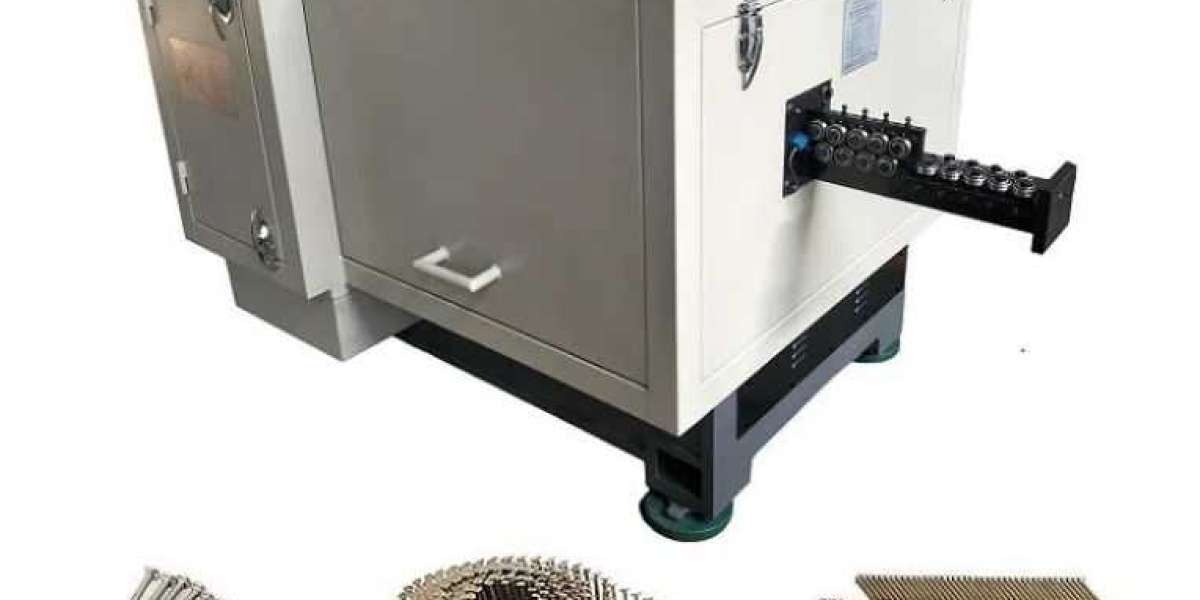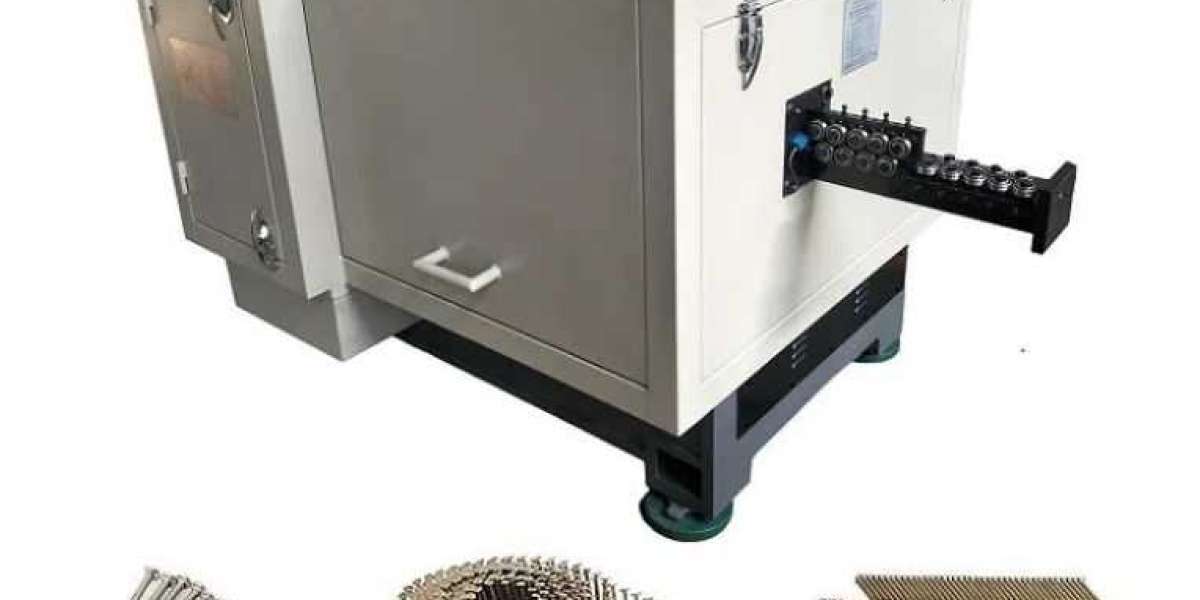Test anxiety is a common phenomenon that affects students of all ages. It is characterized by feelings of fear, apprehension, and stress that can hinder academic performance. While the "fight-or-flight" response is often associated with fear and anxiety, the neurocognitive underpinnings of test anxiety delve deeper into the neural circuitry involved. In this article, we will explore the intricate connections within the brain that contribute to test anxiety and how understanding these mechanisms can help in developing effective strategies to overcome it.
The Complexity of Test Anxiety
Test anxiety is not simply a matter of feeling nervous before an exam. It is a multi-faceted condition that involves various cognitive and emotional processes. The brain regions implicated in test anxiety include the amygdala, prefrontal cortex, hippocampus, and the hypothalamic-pituitary-adrenal axis (HPA axis). These regions work together to generate the anxious response and influence cognitive functioning during test-taking.
The Role of the Amygdala
The amygdala is a key player in the generation of fear and anxiety responses. It triggers the release of stress hormones such as cortisol, which prepares the body for a fight-or-flight response. In the context of test anxiety, an overactive amygdala can lead to heightened fear and stress levels, impairing cognitive processes necessary for effective test performance.
The Prefrontal Cortex and Cognitive Functioning
The prefrontal cortex plays a crucial role in regulating cognitive processes such as attention, working memory, and decision-making. Test anxiety can disrupt the functioning of the prefrontal cortex, leading to difficulties in focusing, organizing thoughts, and retrieving information from memory. This impairment can negatively impact performance on exams.
The Hippocampus and Memory Encoding
The hippocampus plays a pivotal role in the encoding and retrieval of memories. During periods of heightened anxiety, the hippocampus can be impaired, affecting the formation of new memories and the retrieval of stored information. This can result in difficulties in recalling relevant knowledge during exams, further exacerbating test anxiety.
The HPA Axis and Stress Response
The hypothalamic-pituitary-adrenal (HPA) axis is a complex system involved in the regulation of stress responses. In individuals with test anxiety, the HPA axis may be overactive, resulting in an exaggerated stress response. This can lead to physical symptoms such as increased heart rate, sweating, and trembling, further hindering concentration and performance.
Understanding and Managing Test Anxiety
Understanding the neurocognitive underpinnings of test anxiety provides us with valuable insights into effective strategies for its management. Online therapy is one such approach that can help individuals cope with test anxiety.
Online Therapy for Test Anxiety
Online therapy offers a convenient and accessible platform for individuals to receive support and guidance in managing test anxiety. Through virtual sessions with qualified therapists, individuals can explore the root causes of their anxiety and develop coping mechanisms tailored to their specific needs. Online therapy also provides a safe space for individuals to address any underlying psychological factors contributing to test anxiety.
Cognitive-Behavioral Techniques
Cognitive-behavioral therapy (CBT) is an evidence-based approach widely used in the treatment of anxiety disorders, including test anxiety. CBT helps individuals identify and challenge negative thought patterns and beliefs associated with exams. Through techniques such as cognitive restructuring and exposure therapy, individuals can learn to reframe their thoughts and develop healthier coping strategies.
Relaxation Techniques
Practicing relaxation techniques can significantly reduce test anxiety. Deep breathing exercises, progressive muscle relaxation, and mindfulness techniques can help calm the mind and body, allowing individuals to approach exams with a clearer and more focused mindset.
Time Management and Preparation
Effective time management and preparation are essential in alleviating test anxiety. Breaking down study materials into manageable chunks, creating a study schedule, and setting realistic goals can help individuals feel more in control and prepared. Adequate preparation can also boost confidence and reduce anxiety.
Conclusion
Test anxiety is a complex phenomenon rooted in the intricate neurocognitive circuitry of the brain. By understanding the involvement of brain regions like the amygdala, prefrontal cortex, hippocampus, and the HPA axis, we can develop targeted strategies to manage and overcome test anxiety. Online therapy, along with cognitive-behavioral techniques, relaxation techniques, and effective time management, can provide individuals with the support and tools needed to navigate through academic challenges with confidence and success.







